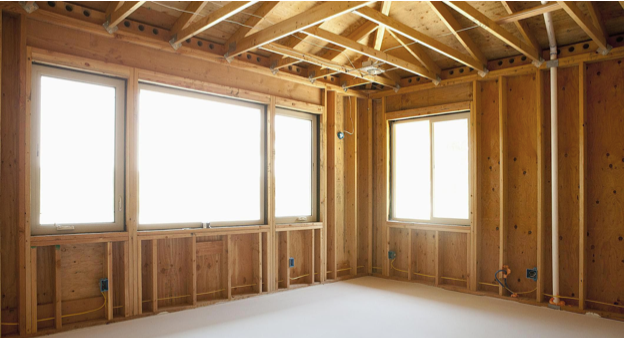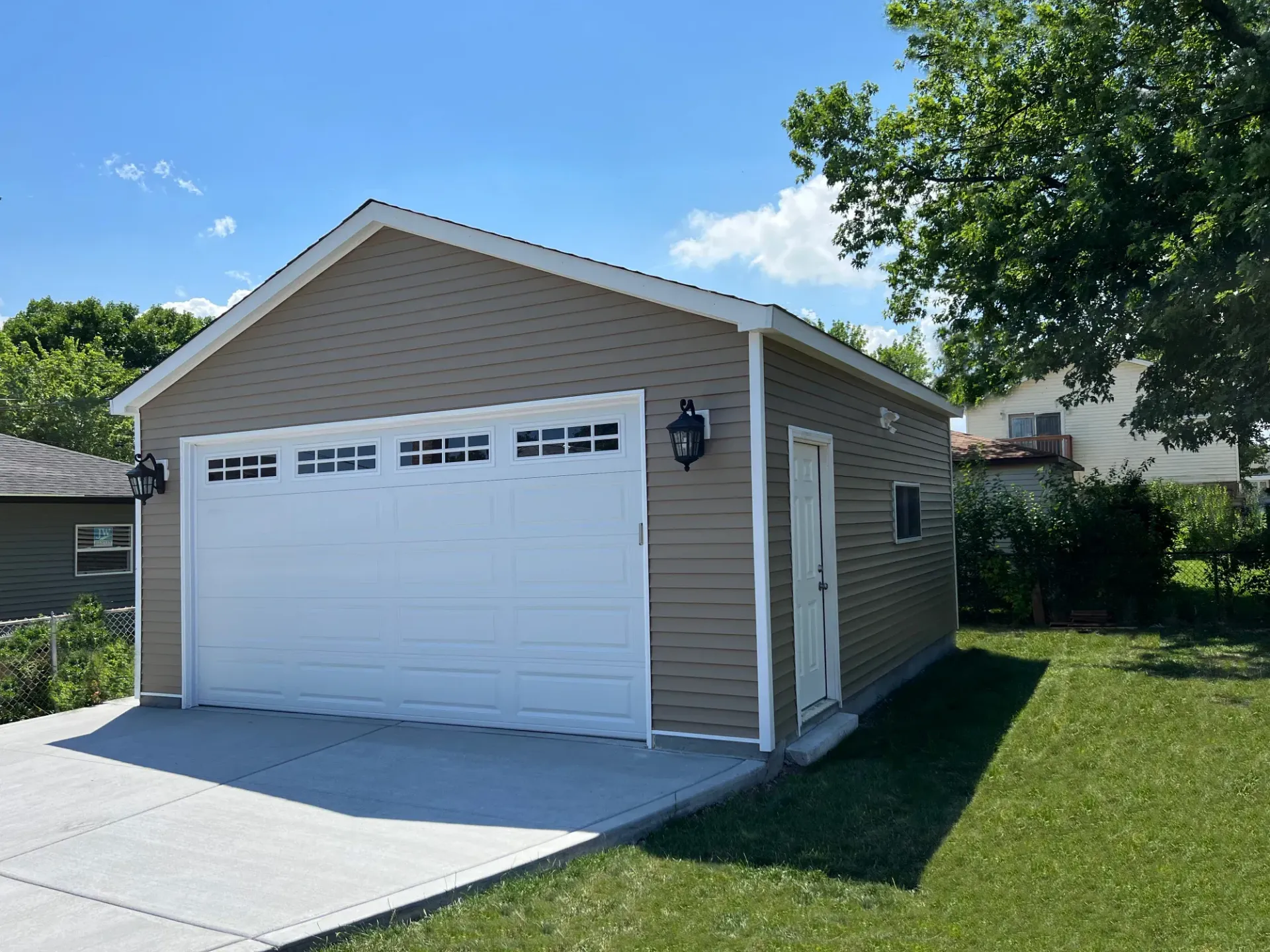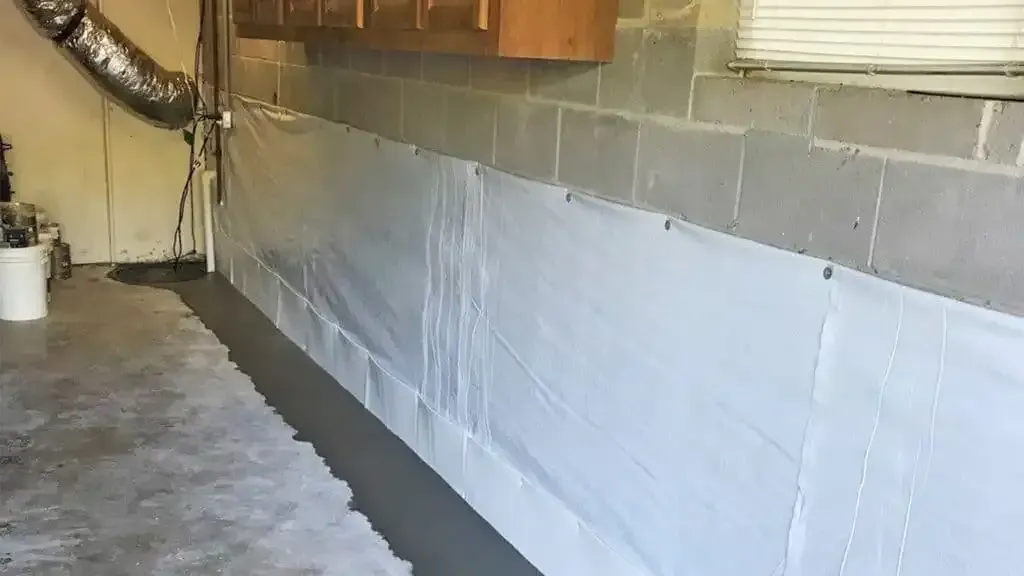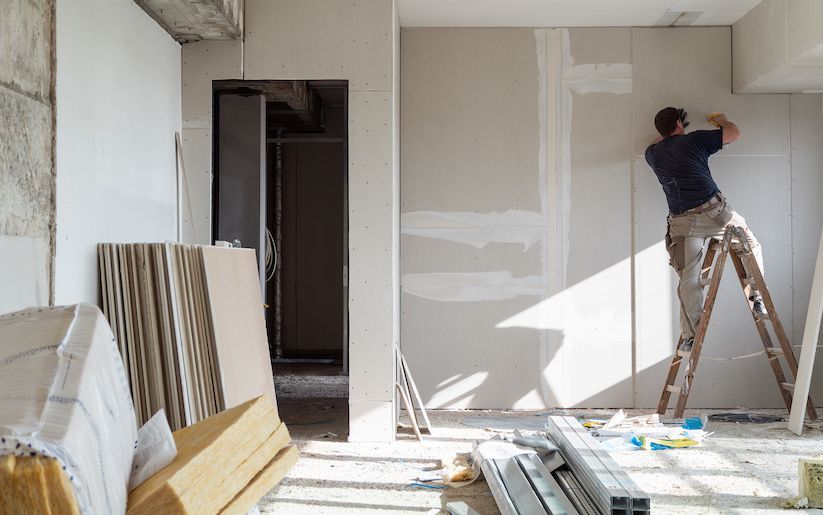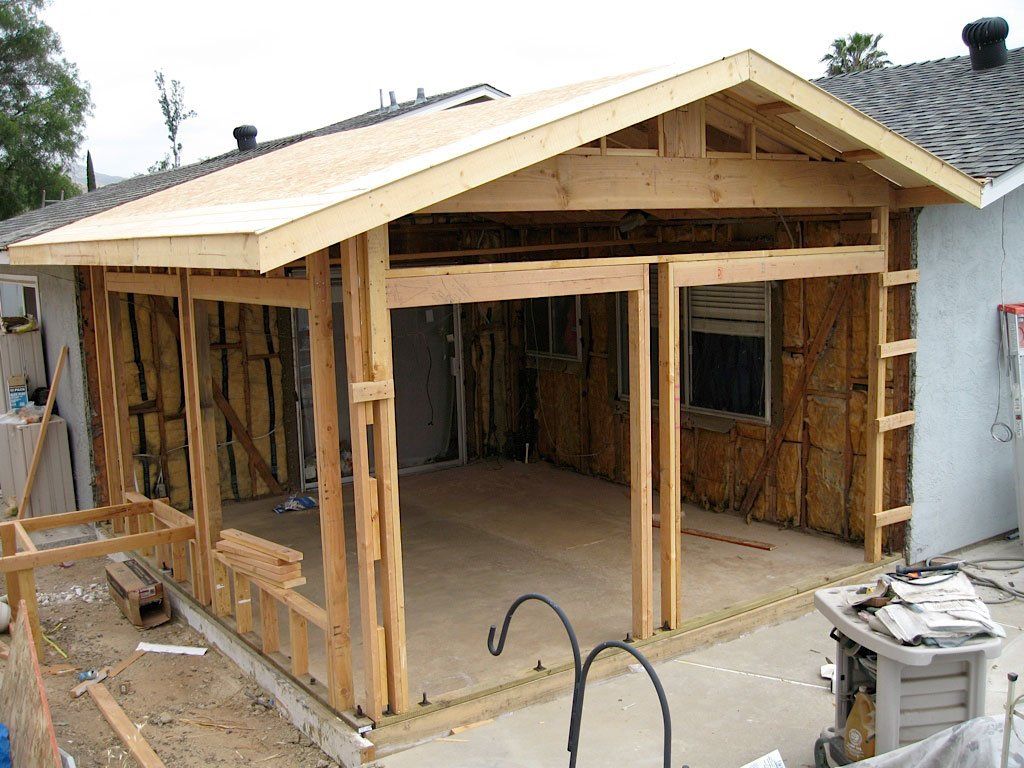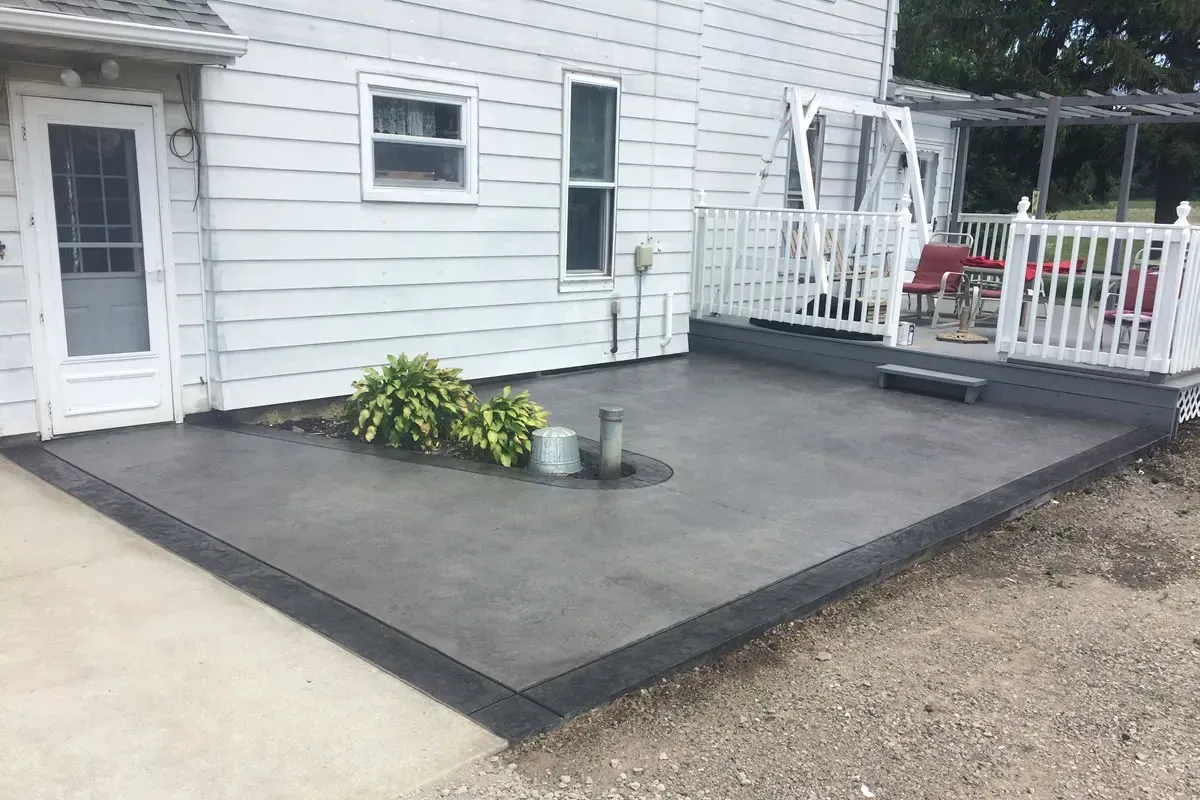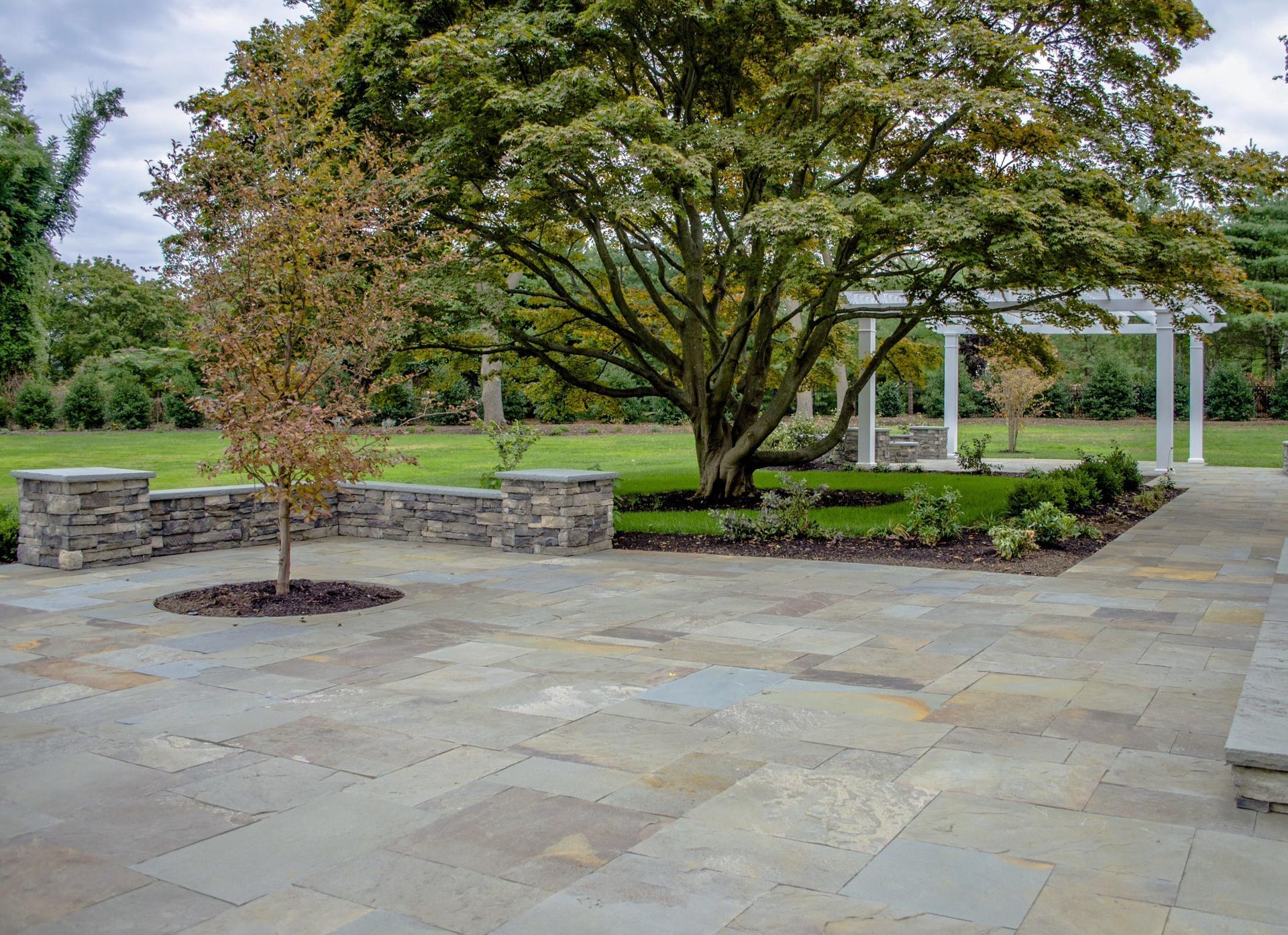How to Integrate a Patio with a Pool in Rhode Island
Integrating a patio with a pool creates the perfect outdoor oasis for Rhode Island homeowners. With our state's beautiful summers and coastal climate, a well-designed patio-pool combination extends your living space and maximizes property value. This comprehensive guide covers everything you need to know about patio pool integration in the Ocean State.
What is Patio Pool Integration?
Patio pool integration refers to the seamless design and construction process that connects your swimming pool with an adjacent patio space. This creates a unified outdoor living area that combines swimming, dining, entertaining, and relaxation zones. In Rhode Island, where outdoor entertaining is cherished during our warm months, this integration maximizes both functionality and aesthetic appeal.
Benefits of Integrating Your Patio with Pool in Rhode Island
Enhanced Property Value
Rhode Island real estate benefits significantly from well-designed outdoor spaces. A professionally integrated patio-pool combination can increase your home's value by 15-20% while making it more attractive to potential buyers.
Extended Outdoor Season
Rhode Island's climate allows for outdoor enjoyment from late spring through early fall. An integrated patio-pool design provides multiple ways to use your outdoor space, from poolside lounging in July to cozy patio dining in September.
Improved Safety and Accessibility
Proper integration creates safer transitions between pool and patio areas, reducing slip hazards and providing clear sight lines for supervising children and guests.
Maximized Space Efficiency
Rhode Island properties often have limited backyard space. Integration makes the most of available area by creating multi-functional zones that serve various purposes throughout the day and season.
Best Materials for Rhode Island Patio Pool Integration
Natural Stone Options
Bluestone: The most popular choice for Rhode Island pools and patios. This locally-quarried stone provides excellent slip resistance and withstands our freeze-thaw cycles.
Granite: Durable and elegant, granite works well for coping and accent features. It's particularly suitable for Rhode Island's coastal areas due to salt resistance.
Fieldstone: Creates a classic New England aesthetic that complements Rhode Island's architectural heritage.
Concrete Solutions
Stamped Concrete: Cost-effective option that can mimic natural stone while providing seamless transitions around pool perimeters.
Exposed Aggregate: Offers excellent traction when wet and complements Rhode Island's coastal aesthetic with shell and stone aggregates.
Composite Decking
Modern composite materials resist moisture, chlorine, and temperature fluctuations common in Rhode Island's climate.
Design Considerations for Rhode Island Climate
Drainage and Water Management
Rhode Island receives approximately 46 inches of annual rainfall. Proper drainage design prevents water pooling and protects both patio and pool structures from damage.
Freeze-Thaw Protection
Materials and construction methods must accommodate Rhode Island's winter freeze-thaw cycles. This includes proper foundation depth and material selection.
Wind Resistance
Coastal areas of Rhode Island experience strong winds. Privacy screens, pergolas, and other structures require appropriate anchoring and wind-resistant design.
Salt Air Considerations
Properties near Rhode Island's coastline need materials and finishes that resist salt corrosion and oxidation.
Step-by-Step Integration Process
1. Site Assessment and Planning
- Evaluate existing pool and patio conditions
- Assess drainage and grading requirements
- Determine utility locations and access needs
- Review local Rhode Island building codes and HOA requirements
2. Design Development
- Create cohesive design that complements your home's architecture
- Select materials appropriate for Rhode Island climate
- Plan traffic flow between pool and patio areas
- Incorporate lighting and electrical requirements
3. Permits and Approvals
Rhode Island requires permits for most pool and patio modifications. Work with contractors familiar with local requirements in cities like Providence, Warwick, Cranston, and Newport.
4. Construction Phase
- Excavation and grading
- Utility installation
- Foundation and base preparation
- Material installation
- Finishing work and cleanup
5. Final Inspection and Completion
- Municipal inspections
- Safety feature verification
- Final grading and landscaping
- System testing and client walkthrough
Popular Design Styles in Rhode Island
Classic New England
Features natural stone, white railings, and traditional architectural elements that complement colonial and cape-style homes common throughout Rhode Island.
Coastal Contemporary
Incorporates weathered materials, nautical accents, and blues and whites that reflect Rhode Island's maritime heritage.
Modern Minimalist
Clean lines, geometric shapes, and neutral colors create sophisticated outdoor spaces popular in urban areas like Providence and Pawtucket.
Rustic Charm
Uses reclaimed materials, natural textures, and earth tones that blend with Rhode Island's rural landscapes.
Safety Requirements and Building Codes
Rhode Island Pool Safety Laws
- Barrier requirements (minimum 4-foot height)
- Self-closing, self-latching gates
- Pool alarms where required
- Proper drainage away from pool areas
Patio Safety Standards
- Slip-resistant surfaces required
- Proper lighting for nighttime use
- Clear sight lines for supervision
- Safe transitions between different surface levels
Cost Considerations for Rhode Island Projects
Budget Planning
- Basic integration: $15,000-$30,000
- Mid-range project: $30,000-$60,000
- Luxury installation: $60,000-$100,000+
Factors Affecting Cost
- Size and complexity of integration
- Material selection
- Site accessibility
- Permit and inspection fees
- Seasonal construction timing
Financing Options
Many Rhode Island homeowners use home equity loans, personal loans, or contractor financing to fund patio-pool integration projects.
Seasonal Maintenance in Rhode Island
Spring Preparation
- Inspect winter damage
- Clean and seal surfaces
- Check drainage systems
- Prepare pool opening
Summer Maintenance
- Regular cleaning and maintenance
- Monitor for settling or shifting
- Maintain proper pool chemistry
- Address wear patterns
Fall Winterization
- Deep clean all surfaces
- Apply protective sealers
- Prepare drainage for ice
- Store removable elements
Winter Protection
- Monitor for ice damage
- Clear snow appropriately
- Check structural integrity
- Plan for spring repairs
Choosing the Right Contractor in Rhode Island
Essential Qualifications
- Rhode Island contractor's license
- Pool construction experience
- Insurance and bonding
- Local references and portfolio
Questions to Ask
- How many patio-pool integrations have you completed in Rhode Island?
- Can you provide references from recent projects?
- What warranty do you offer on materials and workmanship?
- How do you handle permits and inspections?
Red Flags to Avoid
- Door-to-door solicitation
- Requests for full payment upfront
- No physical business address
- Lack of proper licensing or insurance
Maximizing Your Investment
Long-term Value Creation
A professionally integrated patio-pool area provides decades of enjoyment while maintaining and increasing property value in Rhode Island's competitive real estate market.
Energy Efficiency
Modern integration techniques can include energy-efficient pool equipment, LED lighting, and smart controls that reduce operating costs.
Future Expansion
Plan your integration with future additions in mind, such as outdoor kitchens, fire features, or additional seating areas.
Local Rhode Island Considerations
Municipal Variations
Different Rhode Island communities have varying requirements:
- Providence: Urban density considerations
- Newport: Historical district restrictions
- Warwick: Coastal zone management
- Cranston: Suburban design standards
Utility Coordination
Rhode Island utilities require proper notification for excavation. Call 811 (Dig Safe) before beginning any construction project.
Environmental Factors
Consider Rhode Island's environmental regulations, especially for properties near water bodies or in sensitive ecological areas.
Ready to transform your outdoor space?
Rockhouse Construction specializes in patio and pool integration throughout Rhode Island. Our experienced team understands local building codes, climate considerations, and design preferences that make projects successful. From initial consultation through final inspection, we deliver quality craftsmanship that enhances your property value and lifestyle.
Contact us today for a free consultation and estimate on your patio-pool integration project.



